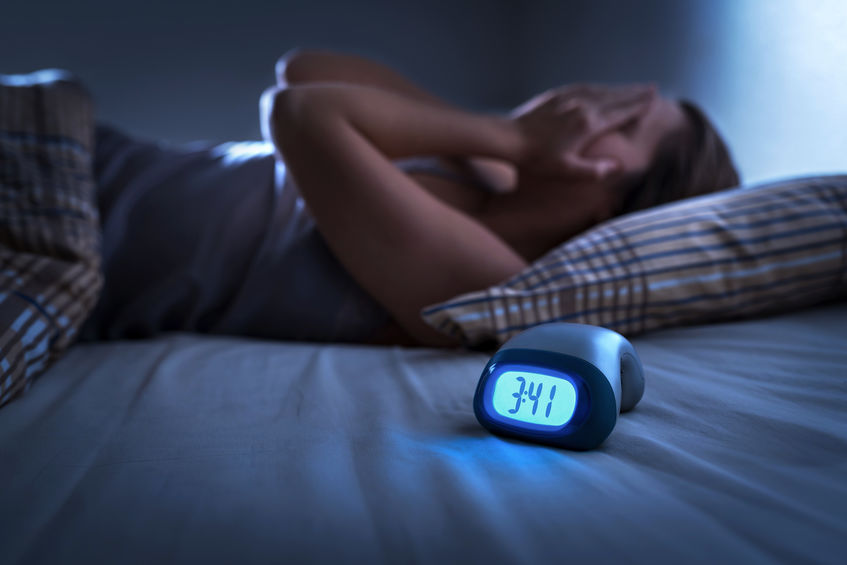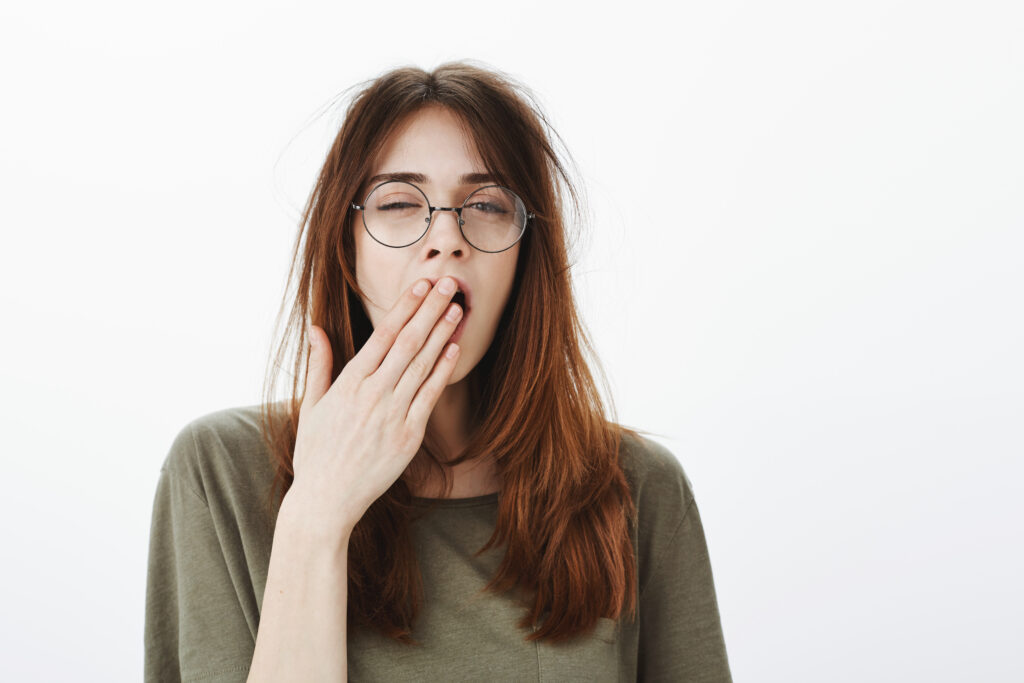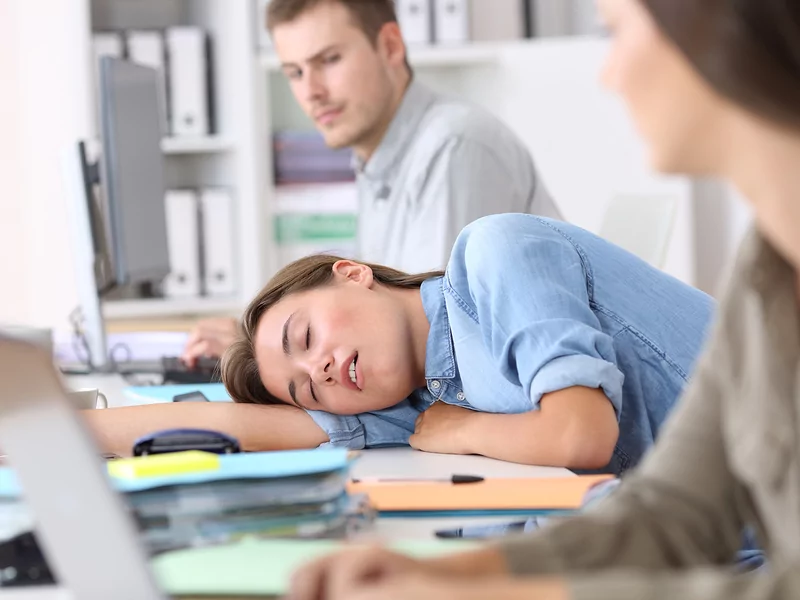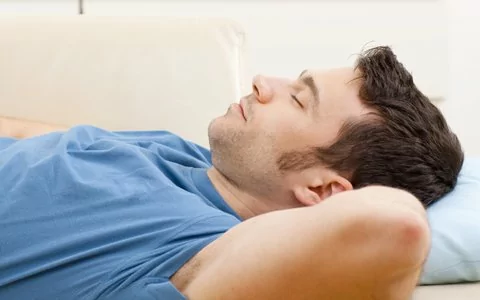Sleep apnea is a serious sleep disorder that can have dangerous consequences if left untreated. Fortunately, there are treatments available to help manage the symptoms of sleep apnea. One such treatment is dental treatment, which is becoming increasingly popular for those with mild to moderate cases of sleep apnea. Let’s explore how dental treatment can…
Blog
How to Find the Right Sleep Apnea Treatment for You

If you are looking for a snoring treatment or sleep apnea treatment in Houston, Sleep Solutions can help. They offer dental appliances that can provide relief from snoring and other sleep apnea-related issues. Here’s why you should turn to them for your sleep apnea treatment needs. The Benefits of Choosing Sleep Solutions Sleep Solutions takes…
Everything You Need to Know about Snoring Dental Appliances

Snoring is a common problem that affects millions of people around the world. It can be disruptive to both the snorer and those who share a bed with them, leading to lack of sleep and even relationship issues. Fortunately, there are treatments available such as snoring dental appliances that can help reduce snoring. Houston Sleep…
The Benefits of a Dental Sleep Apnea Device

The Benefits of a Dental Sleep Apnea Device from Houston Sleep Solutions in Pearland and Friendswood, TX Sleep apnea is a condition that affects millions of people worldwide. Common signs of sleep apnea include snoring, daytime fatigue, and difficulty concentrating. The most common treatments for sleep apnea are continuous positive airway pressure (CPAP) machines and…
Sleep Apnea Treatment with Dental Appliances

Sleep apnea is a medical condition that can cause a person to stop breathing while they sleep. It can lead to significant health problems, such as daytime fatigue, mood swings, and heart issues. If you’re having difficulty sleeping due to snoring or other symptoms of sleep apnea, you may want to consider dental appliances for…
Benefits of a Dental Sleep Apnea Treatment

Most people don’t consider snoring to be serious, but excessive snoring and daytime fatigue can be a sign of sleep apnea. This is a common and serious problem in which breathing stops and starts again during sleep. If you have sleep apnea, you may not be aware of those frequent pauses in breathing during the night. In some cases, they happen even hundreds of times and can throw you out of your normal sleep pattern. You may stop feeling as sharp, energetic, or productive during the day as…
Orthodontic Treatments for Sleep Apnea

Depending on the actual orthodontic problem that is causing the person to sleep which interferes with the person, there are three different types of sleep aids that an orthodontist can recommend. First, braces and aligners can be used to treat sleep apnea caused by poorly fitting teeth. These appliances slowly move the teeth from their misaligned position to a position where the teeth do not block the airway. Both braces and aligners can be used to treat sleep apnea in children and adults, and aligners provide a less uncomfortable appearance than…
Sleep Apnea Treatment Mouth Devices

These appliances, which must be fitted and worn overnight by the dentist or orthodontist, include: Mandibular advancement device (MAD). The most commonly used mouth device for sleep apnea, the MAD is like a sports mouth guard. The appliances fit into the upper and lower teeth and have metal rings that allow the lower jaw to move forward. Some, like the Thornton Adjustable Positioner (TAP), allow you to control the degree of progress. Tongue retaining device. Using less material than the MAD, this device is a splint that holds…
Alternative Treatments to Reduce Sleep Apnea Symptoms

Traditional treatments for sleep apnea include wearing a CPAP mask at night. Though effective, some people find this method uncomfortable. Some home remedies may offer the same benefits. Here are some alternative treatments to reduce sleep apnea symptoms. Traditional treatment for sleep apnea involves wearing a CPAP mask at night. Although it is effective, some people find that this method is not good. Some home remedies can provide the…
Pediatric Obstructive Sleep Apnea

Obstructive sleep disorder (OSA) is a potentially serious sleep disorder in which a child’s breathing stops and starts again during sleep. Childhood OSA is most common in children between the ages of 2 and 6 but can occur at any age. There are different treatments for OSA. Some of the most used devices to help are continuous positive airway pressure (CPAP) machines, mouthpieces, and customized pillows. Dentofacial orthopedics is another option for early…

